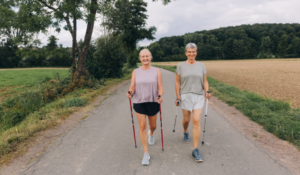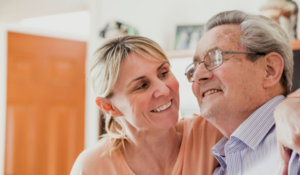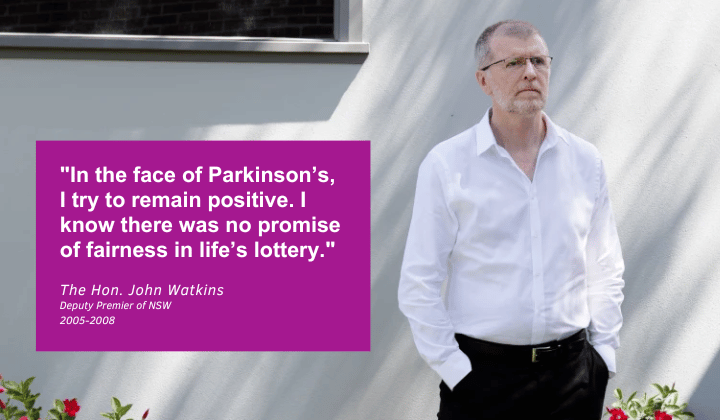In part three, the experts summarise some of the issues that those caring for a partner with Parkinson’s face in relationships, including a lack of time for their own needs.
Gila and Orna share ways to ensure the wellbeing of both partners, such as respecting each other’s needs, having personal time away from one another, sleeping in separate beds if sleep is being disrupted, maintaining intimacy even if it’s not sexual, having strong communication and making small, thoughtful gestures that the other will appreciate.
“Spouses and care-partners frequently face contradictory roles,” they explain. “On one hand, as intimate partners, they may have their own needs for intimacy and sexual activity. On the other hand, they are required to function as caregivers who cope with the implications of a chronic progressive illness.”









